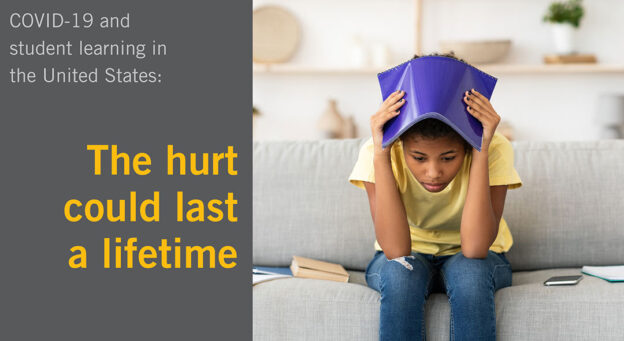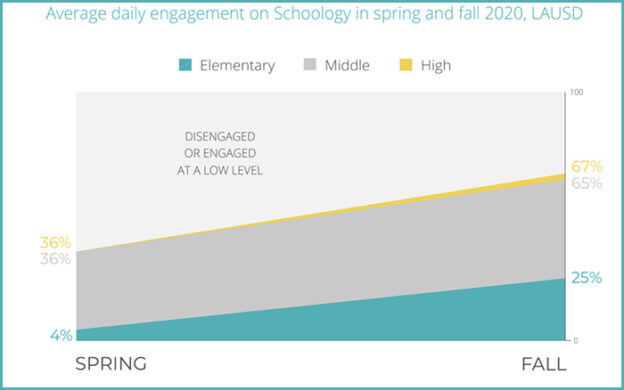While schools undoubtedly need some degree of accountability in order to assess effectiveness and identify areas for continual improvement, one of the major lessons from this past year of intermittent instruction was that effective education involves the entire learning community. Parents, libraries, and even municipalities all play significant roles in supporting kids’ learning.
Unnecessary challenges arise when supplemental resources aren’t easily available for children and families that need them. Those challenges can be magnified in rural, low-income communities, and communities of color where under developed infrastructure may limit access.
The Campaign for Grade-level Reading’s Learning Loss Recovery Challenge encourages communities to:
- SLOW AND STOP LEARNING LOSS by investing in “fast track” assurances of student access to the internet, tutorial support and out-of-school learning opportunities as well as parent access to the information, supports and tools they need to succeed in their enhanced roles.
- JUMPSTART THE RECOVERY PLANNING PROCESS by convening key decision makers and community stakeholders to develop a Learning Loss Recovery Compact that declares learning loss recovery an urgent priority; acknowledges the disproportionate impact on children of economically challenged families and children of color; and commits to a stakeholder-driven planning process that will include parents as essential partners in learning loss prevention and learning loss recovery.
- LAUNCH AND LEAD LEARNING HAPPENS EVERYWHERE with local initiatives to transform formal and informal places and spaces into learning-rich opportunities and inspire a community-wide shared commitment to children learning.

